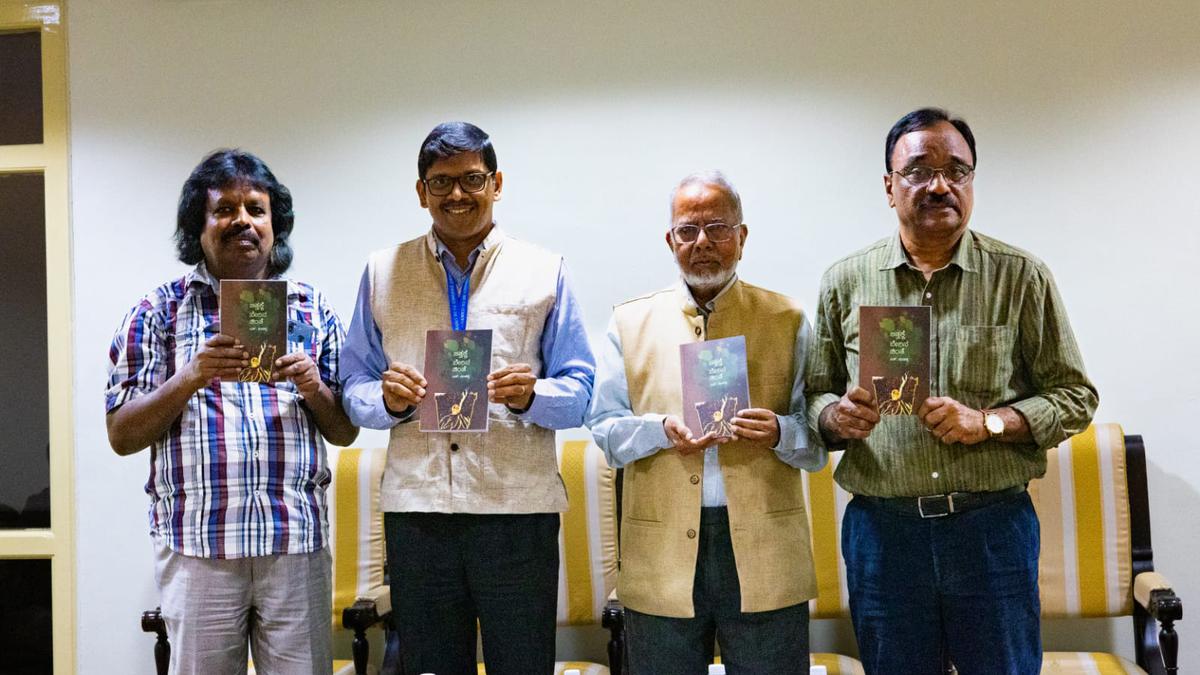
Christ University Kannada Sangha: nurturing young writers, carrying forward a literary legacy Premium
The Hindu
Cultural institutions play a crucial role in fostering the language and literature of a land. They harness the aspirations of people and offer a platform to share ideas and art, especially among the young. One institution which has done this relentlessly for the past 50 years is the Christ University Kannada Sangha.
Cultural institutions play a crucial role in fostering the language and literature of a land. They harness the aspirations of people and offer a platform to share ideas and art, especially among the young. One institution which has done this relentlessly for the past 50 years is the Christ University Kannada Sangha.
Following the uncertainties left behind by the Karnataka Unification Movement, there was a growing need to unite the State on the basis of its linguistic and cultural identities. Contemporary values and challenges had to find literary expression to create a modern, progressive Kannada consciousness. To achieve this, the voice of a new generation of Kannadigas had to be heard.
Thus, was born CUKS – the brainchild of noted Kannada litterateur and then Head of the Department of Kannada in the college, the late Professor Chi. Srinivasaraju.
The Kannada Sangha was formed on December 21, 1972, with the aim of nurturing young writers. Its first initiative was an essay competition in the name of novelist A.N. Krishna Rao (popularly known as Anakru). Ten years later, in 1982, the Sangha began a poetry competition in the name of Dr. Da.Ra. Bendre, one of the greatest Kannada poets of the 20th century.
“The Kannada Sangha’s primary focus, and biggest achievement, has been recognising, platforming and publishing student writers. Year after year, hundreds of students from across Karnataka have participated in the two competitions,” says Dr. Rathi M.T., coordinator of the Sangha and Associate Professor of Kannada at Christ University in Bengaluru.
By the early 2000s, the quality of essays being submitted had dipped. In 2009, the essay competition was scrapped to make way for a short story competition, again in the name of Anakru. The Sangha’s competitions have since transformed the literary landscape, introducing to Kannada readers a whole new generation of accomplished writers, poets, critics, novelists, journalists and essayists.











